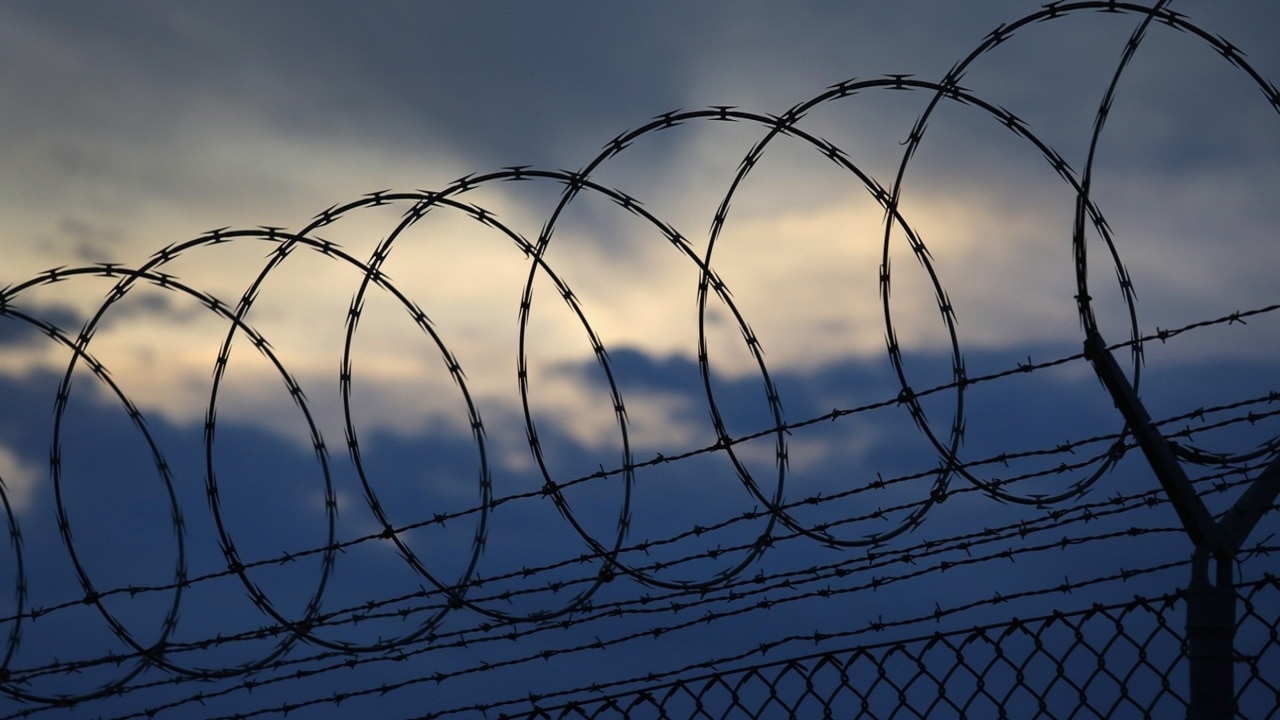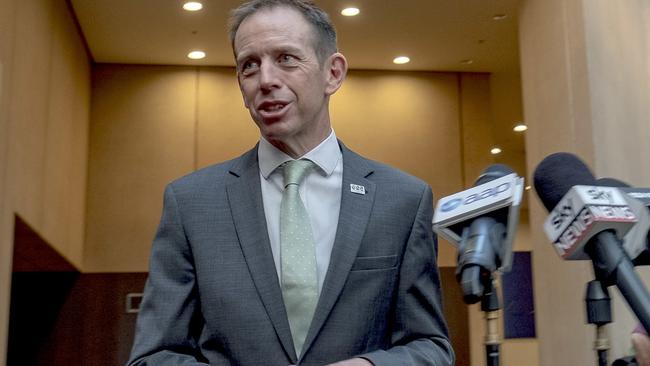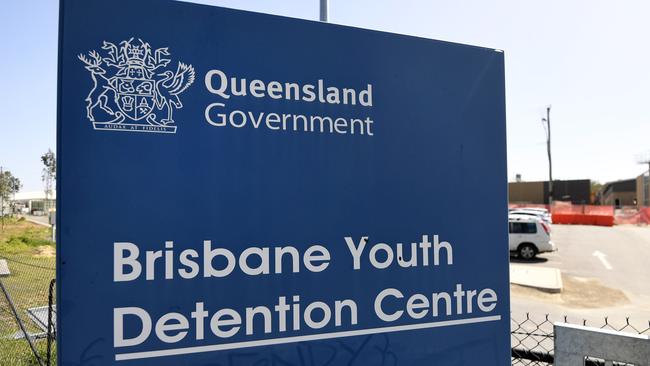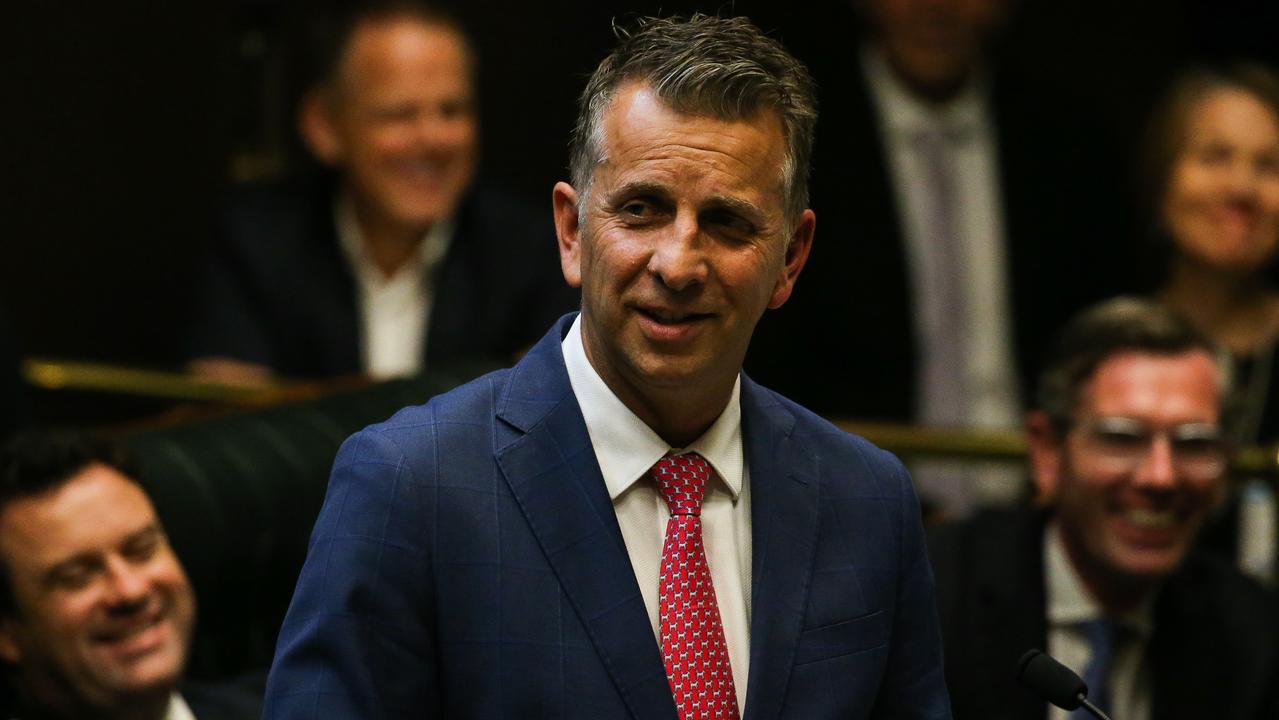ACT committed to raising age of criminal responsibility from 10 to 14, new report affirms
Around Australia children as young as 10 can be arrested and sentenced to time behind bars – but one jurisdiction is breaking ranks and is set to raise the age.

The ACT is set to go it alone and become the first jurisdiction to raise the age of criminal responsibility from 10 to 14, with a complete overhaul of the youth justice system endorsed by an independent review.
Across Australia, children as young as 10 years old can be prosecuted, convicted and sentenced to juvenile detention.
Earlier this year, 31 United Nations member states, including Canada, France and Norway, called on Australia to raise the age in line with the 2019 UN Committee on the Rights of the Child recommendation that 14 years should be the minimum age worldwide.
A Council of Attorneys-General cross-jurisdictional working group was set up in 2018 to look into the issue, but last year postponed a decision on a national approach to raising the age.
With a report now not due until next year, the ACT is the first jurisdiction to break ranks and move to raise the age.
An independent review commissioned by the ACT government released on Monday has detailed the work and reforms needed to assist in raising the age, with the new legislation set to be introduced in the territory in 2022.

The report assessed the ACT’s current service system and identified changes necessary to better meet the needs of children most affected by raising the age of criminal responsibility.
Attorney-General Shane Rattenbury said children involved in criminal behaviour “should be met with therapeutic support, not thrown into jail”.
“Right across Australia, children as young as 10 can be arrested by police, brought before the courts on criminal charges and receive custodial sentences,” he said.
“This review is a crucial part of the ACT government’s commitment to this nation-leading reform.”
Mr Rattenbury said in committing to raising the minimum age of criminal responsibility, the government recognised the “reality” that some children “can, and do, cause harm to themselves or others”.
“The ACT government must have effective systems in place to support these children and young people, and their families, as well as safeguarding the community,” he said.
“The review clearly … highlights the importance of early, co-ordinated and sustained help for children and their families.
“Now we know how to make it happen. We know the importance of this reform and we remain committed to raising the minimum age of criminal responsibility,” he said.

The review proposes a “wraparound” and case management model, including after hours and crisis accommodation for children aged 10 to 14.
Youth Justice Minister Emma Davidson said the report, led by Emeritus Professor Morag McArthur, would enable the ACT’s entire youth justice system to be “re-imagined”.
“It will be transformational for future generations where all young people can live healthier, safer and happier,” she said.
Families Minister Rachel Stephen-Smith said children involved in criminal behaviour were most likely to be victims of “complex and unmet needs”.
“We know that the majority of children and young people who engage in serious harmful behaviours have a background of trauma, disability, and/or poor mental health,” she said.
“We must ensure that these children and young people are able to access timely and holistic support before, during, and after a crisis.”
The legislation is expected to be introduced in the ACT in 2022 with hopes other jurisdictions will follow.



